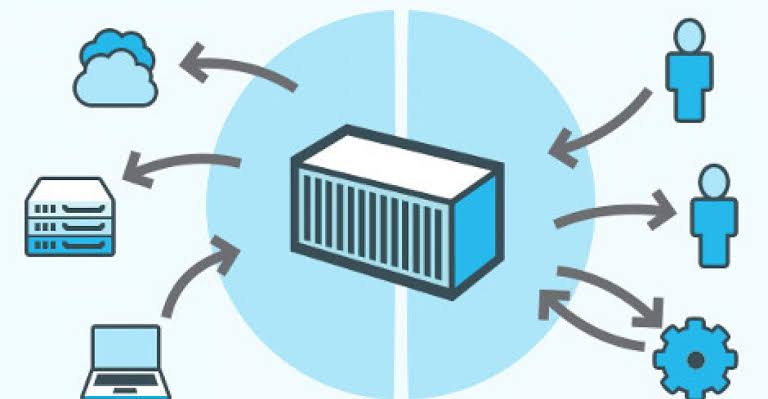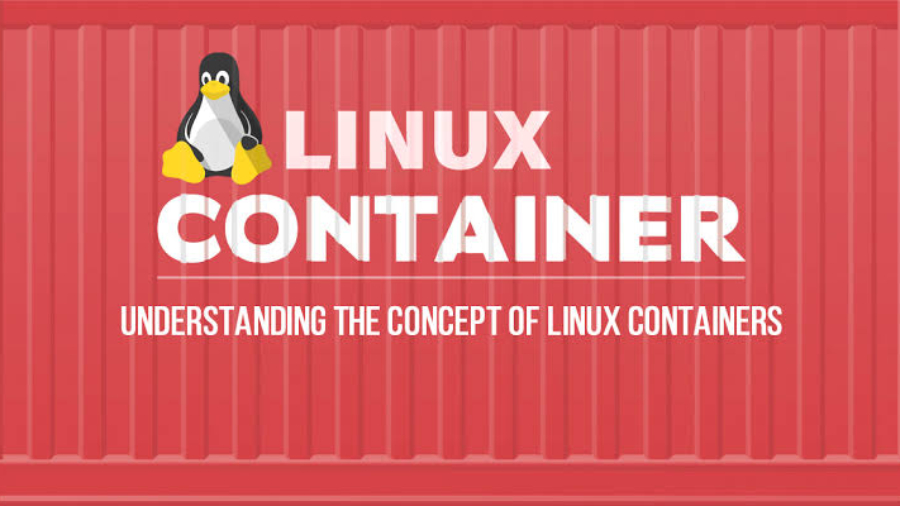In recent years, containerization has become one of the most popular methods for deploying and managing software applications. Linux containers, in particular, have gained popularity due to their lightweight nature, ease of use, and flexibility. In this blog, we will explore Linux containers and some of the most famous containerization tools.

What are Linux Containers?
Linux containers are a form of operating system virtualization that allows multiple isolated user-space instances, or containers, to run on a single host. Each container shares the kernel of the host operating system but has its own isolated file system, process space, and network stack. Containers can be easily created, destroyed, and managed, making them an ideal tool for modern application deployment.
Containers offer several advantages over traditional virtualization methods. They are lightweight, fast, and highly portable. They also allow for better resource utilization, as multiple containers can run on a single host without impacting the performance of other containers.
Most Famous Containerization Tools
- Docker: Docker is one of the most popular containerization tools available today. It provides a simple and easy-to-use interface for creating, managing, and deploying containers. Docker offers a vast repository of pre-built container images and tools to build your own custom images.
- Kubernetes: Kubernetes is a container orchestration tool that provides a way to manage and scale containerized applications. It automates the deployment, scaling, and management of containerized applications across multiple hosts.
- LXC/LXD: LXC (Linux Containers) is a lightweight and fast containerization tool that provides a simple and efficient way to create and manage containers. LXD is a higher-level interface to LXC that provides a more user-friendly experience.
- Podman: Podman is a containerization tool that provides a simple and secure way to run containers on Linux. It is a daemonless container engine, which means it does not require a separate daemon to run containers.
- Rkt: Rkt is a lightweight and secure containerization tool that provides a simple and efficient way to create and manage containers. It is designed to be fully compatible with existing container image formats, such as Docker.
Conclusion
Linux containers have become an essential tool for modern application deployment. They offer many advantages over traditional virtualization methods and are now supported by a wide range of containerization tools. Docker, Kubernetes, LXC/LXD, Podman, and Rkt are just a few of the most famous containerization tools available today. Each tool offers unique features and advantages, so it is essential to evaluate your specific needs before choosing a tool.
